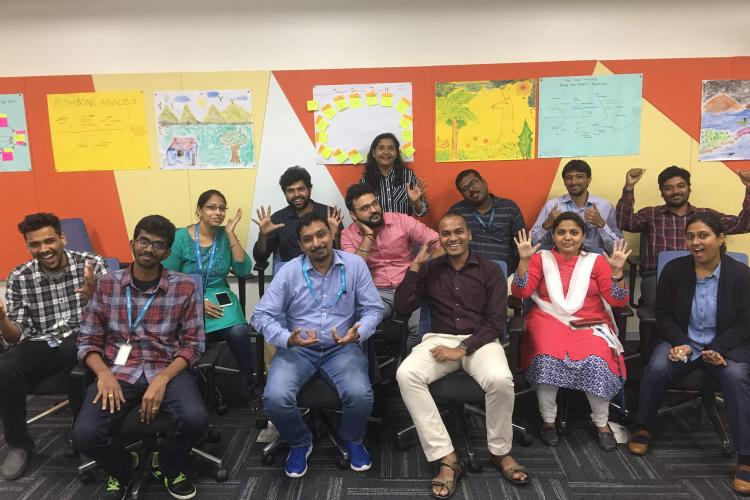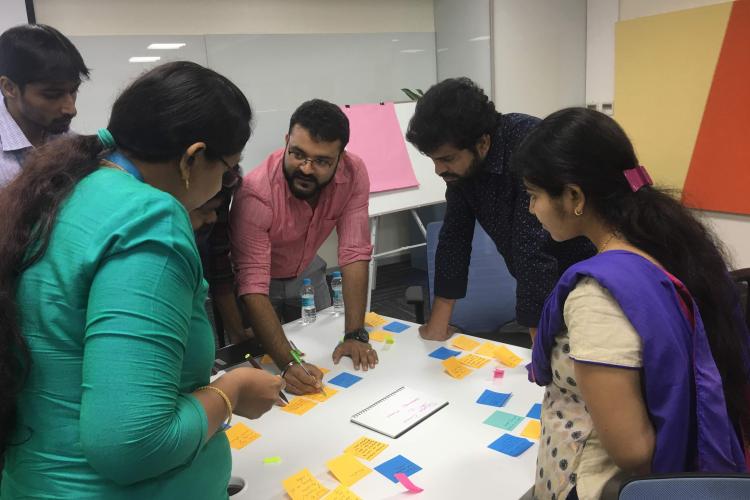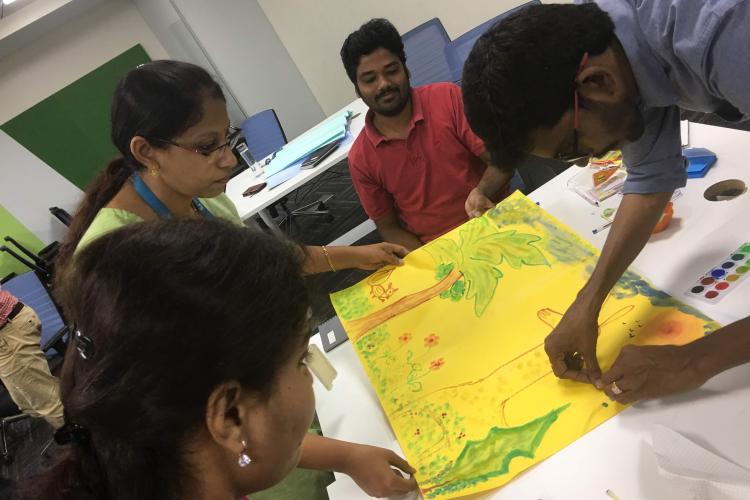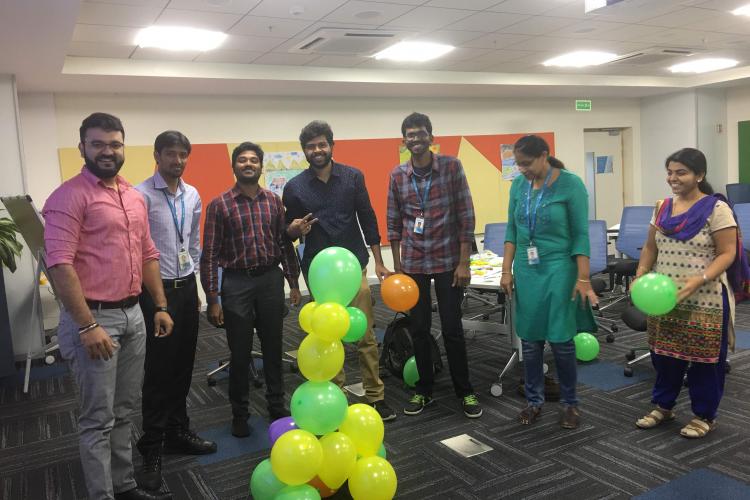10 habits to avoid for improving interpersonal skills
Be it work place or family, #interpersonalskills are extremely essential in current day. However, they are sometimes tricky and difficult to excel. We must observe our own behavioural traits which in turn become unwanted habits over time. Here are top 10 habits to avoid for improving interpersonal skills.
- Not being a good listener – Listening is the most essential part of effective communication. Paying attention while someone speaks and listening with intent are signs of showing respect to the communicator.
- Always wanting to win – Winning surely gives pleasure. But when you want to win every argument, every discussion, though you know your point is incorrect makes you unattractive. People like to interact with a reasonable and fair person and not somebody who speaks or does things just to win.
- Anxiety to give your opinion – Your opinion and your two cents of knowledge must be given only when needed or when asked for. Do not be too anxious to contribute your ideas in a group discussion or a forum just for the sake of it.
- Not apologizing for your mistakes – As humans, it is common for us to commit errors or fail sometimes. Apologizing for one’s mistakes increases respect for us among our peers. Not owning the mistakes and blaming someone else for it is a habit we must get out of.
- Being judgemental – This trait is something we got from the common societal behaviour. If we know something about a person, we instantly come to a judgement as to why or how things would have happened. Be conscious to eliminate this trait and be open to know the facts. Be empathetic and listen to people before you conclude anything.
- Not letting go – We are conditioned to think, behave, and speak based on the past experiences we had. Sometimes, this stops us from growing as a person. People change and so do situations. #Lettinggo of past situations and #unlearning is the only way you can welcome change.
- Not giving people the due credit – When you know that something good has been done by your peer, colleague, or even a family member, say it out. A small expression of gratitude goes long way.
- Retaining information with you – Unless it is a matter of privacy or something that is not supposed to be shared, it does not make sense to withhold important information. No role is indispensable. It is incorrect thinking that withholding information would secure your job in an organization.
- Unable to say “No” clearly – Most people struggle to say “No” when they cannot take up something or when they do not agree with a person. But, not saying No in a clear and confident way is even more troublesome. Do not use words such as “may be”, “but”, “however”, after saying a NO. The other person must understand that it is a clear No from you
- Being partial towards some people our side.–You must consciously ask yourself if you are giving special privileges to people who you like. Make an effort to avoid #unconsciousbias. It is important for you to treat everyone equally, regardless of your personal favourites.
Like













